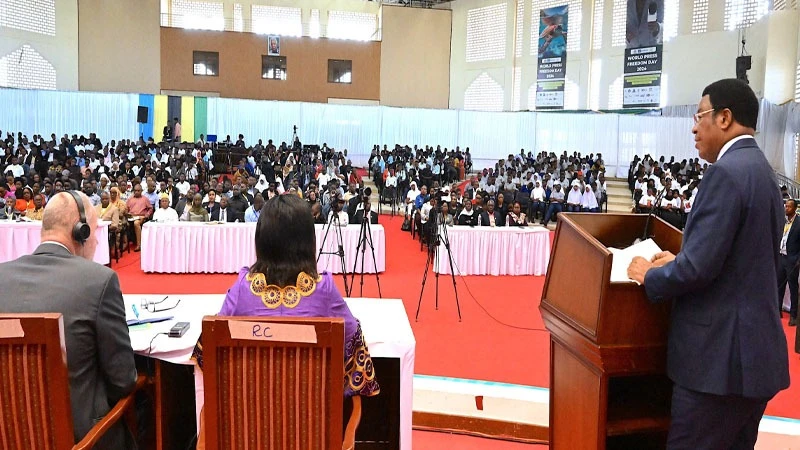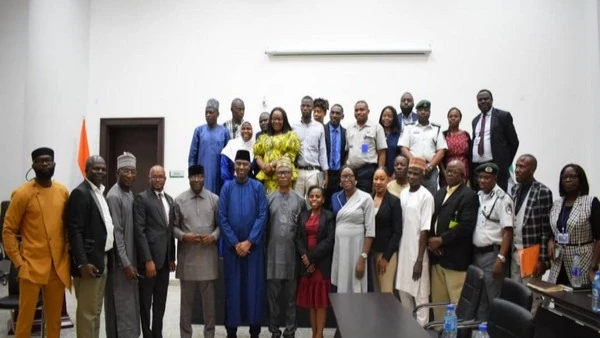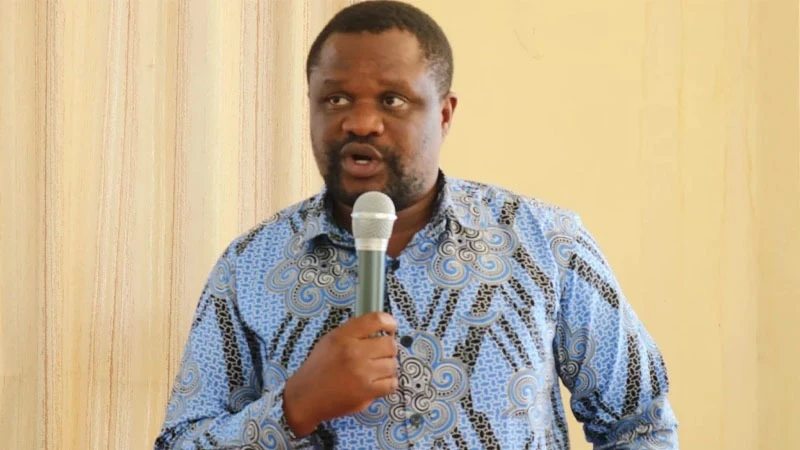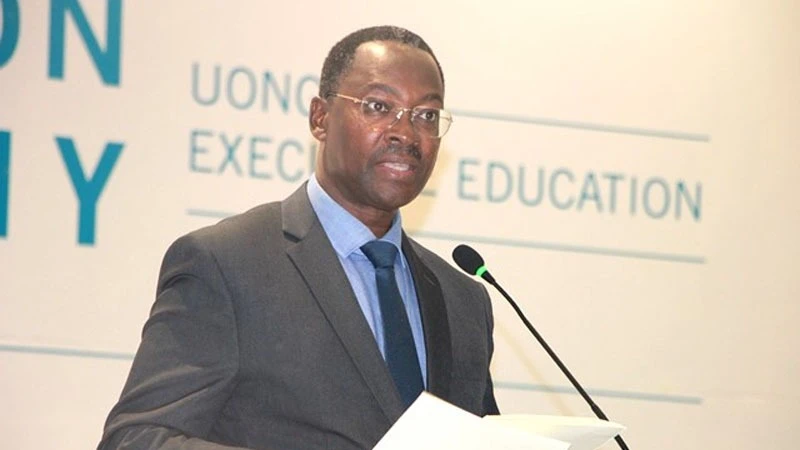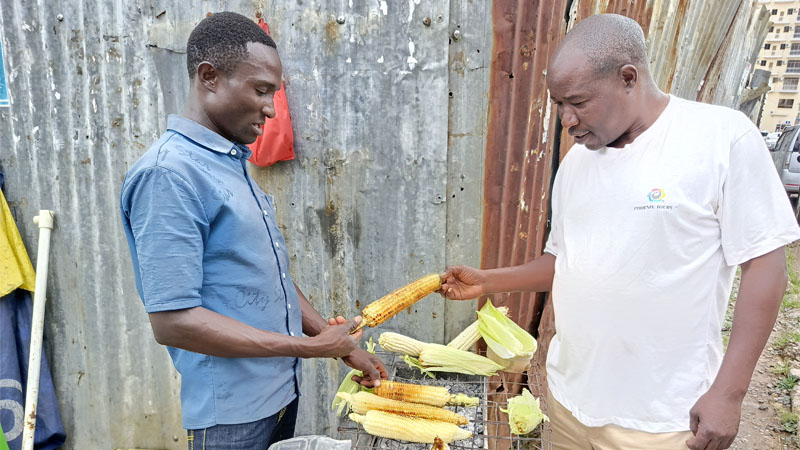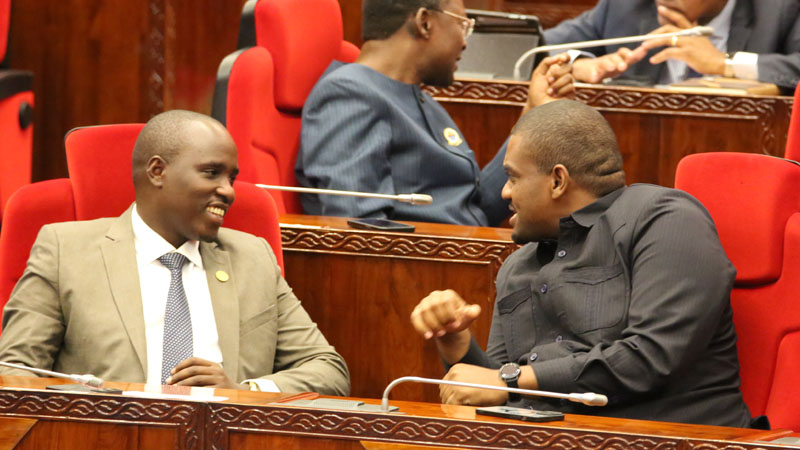Local authorities urged to work with NLUPC to end land conflicts
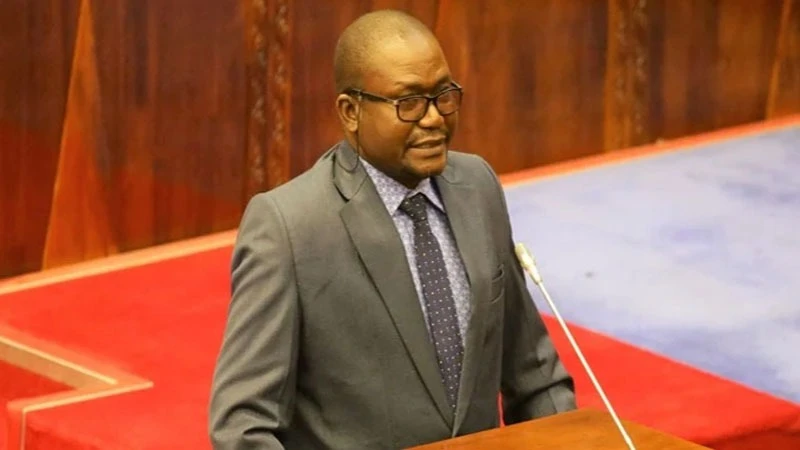
THE government has directed district authorities and local government leaders to work closely with the National Land Use Planning Commission (NLUPC) to ensure efficiency in their areas.
Speaking at the opening of a three-day land use planning stakeholders workshop in Dodoma on Monday, Deputy Minister for Lands, Housing and Human Settlement Development, Geoffrey Pinda, underscored the need for district executive directors to work closely with the commission to ensure efficiency, noting that poor cooperation between them contributes to increased boundary disputes and double allocation of plots.
The workshop themed ‘Land Use Planning and Use of Technology in Ensuring Security of Tenure and Conflict Resolution’ brought together stakeholders from public, private institutions and civil society and was meant to discuss land use planning issues, use of technology in land use planning process, securing land tenure and resolution of land conflicts .
“Double allocation of plots is a major challenge in almost all the regions countrywide. There are over 3,000 cases of double allocation of plots in Dodoma Region alone. Involvement of authorities as well as villagers would largely reduce the problem,” he said.
He said the government is looking for funds to fast-track preparation of land use plans for all the villages countywide. He said out of the 12,318 villages, only 3,681 have land use plans.
Pinda was optimistic that introduction of the National Land Use Planning Information System (NLUIS) would simplify the planning of land use and the issuance of customary right of land ownership documents.
The new system developed with funding from the United States Agency for International Development (USAID) will also reduce cost and the number of days in preparation of land use plans.
Deputy Minister for Natural Resources and Tourism Danstan Kitandula said land use planning is crucial in ensuring sustainable conservation as 32 percent of the country’s land is protected.
“Land use plans in our villages would help in reducing human wildlife conflicts as wildlife corridors will be protected. Enhanced conservation would improve the tourism sector and boost government coffers,” he said.
Jason Ko, Biodiversity Senior Technical Advisor at USAID said: “Land use planning is crucial for enhanced preservation of natural resources and sustainable wildlife protection. It is a solution to human-wildlife conflicts.”
Prof Wakuru Maseka, NLUPC director general said land use planning is important because many f Tanzanians live in villages. He said until June last year, only 32.4 percent of villages countrywide had successfully prepared land use plans.
“Land use planning helps in identifying administrative areas, wildlife corridors, agricultural land and water catchment areas. Allocation of these areas would ultimately reduce land disputes,” said Prof Maseka.
Top Headlines
© 2024 IPPMEDIA.COM. ALL RIGHTS RESERVED








